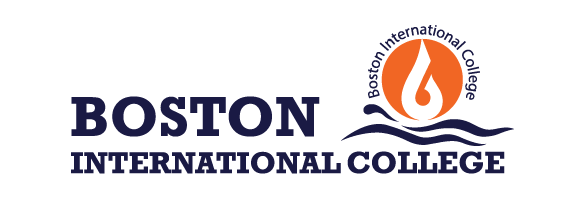 Boston International College, Affiliated to Pokhara University
Boston International College, Affiliated to Pokhara University
☎ 056-598892, 598992 | ✉ [email protected]
 Boston International College, Affiliated to Pokhara University
Boston International College, Affiliated to Pokhara University
An elective is any three (3) credit course offered by Pokhara University.
Yes. You must complete your program within four/eight years of first being admitted.
Yes!
The BCIS is a full Bachelor’s degree and as such would allow a student to go on to
graduate studies.
The university provides scholarships for applicants. Please, refer to the website of Pokhara University (www.pu.edu.np). The college also provides scholarships on the basis of merit to all the students.
The BCIS program coordinator will work with you as your advisor.
The average class size is 48 students.
All faculty who teach, hold terminal degrees in their field, and industry experience in their field.
You can complete your BCIS degree in 126 Credit hours. In addition, Non-Credit, industry-ready courses are also given to students.
The selection is done based on an entrance test set by the college and the interview. The entrance test will have 100 objective questions and an essay writing question. The objective questions evaluate qualitative aptitude, quantitative aptitude, critical reasoning ability, and Business & General Awareness. After you get the required score in the entrance test, you will be called for an interview with your parents/guardians.
The BCIS program is a four-year full-time program that consists of eight semesters. The course curriculum has been designed in consultation with our industry partners who are also our knowledge partners. The classroom activities are supplemented by guest lectures by specialists, industrial visits, summer & winter training projects, and other assignments.
Other co‐curricular activities include Boston Fiesta, Boston Endeavor, Sports Week, Acoustic Evening, etc. The aim is to ensure the overall development of the students by building interaction between academia and industry.
